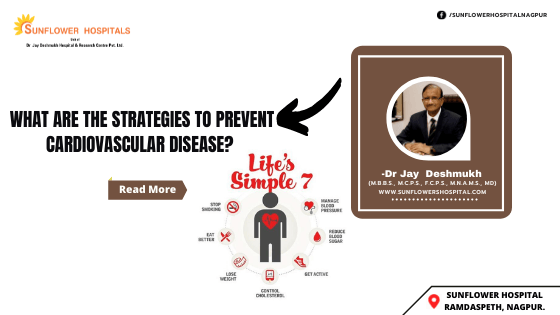What were the implications of the INTER HEART STUDY.?
This study was conducted in 52 countries worldwide. In this study 9, potentially modifiable factors accounted for 90% of the population attributable risk for heart disease. These included cigarette smoking, dyslipidemia, hypertension, diabetes, stress, and social factors, lack of regular physical exercise, inadequate ingestion of fruits and vegetables, and absence of alcohol intake.
What about abdominal obesity?
Abdominal obesity and hip size were more predictive than the body mass index. Mental stress, anxiety, depression were also found to be important risk factors for heart attack. The risk of heart attack can be substantially reduced by lifestyle modifications and appropriate supportive therapy.
What about heart attacks In young Indians?
Indians have higher rates of heart attacks at a younger age than people from other count tries. The earlier age of myocardial infarction in Indians is attributable to higher risk factors hydrochlorothiazide and 10 mg Ramipril. Clinical benefits were seen in 25% of the subjects. This is likely to be of dance and population-based importance. Hence, what are the prime strategies to prevent cardiovascular illness in India? Target your blood pressure around 130/80, administer statins for primary prevention if LDL is above 190 mg in non-diabetics and above 70 mg in Diabetics. Target HBA1C to less than 7%. Metformin is first-line therapy, followed by consideration for SGLT 2 inhibitor or a glucagon-like peptide agonist if you are a diabetic.
What about physical activity?
150 minutes of accumulated moderate-intensity physical activity or 75 minutes per week of vigorous-intensity physical activity is strongly recommended.
What about diet?
Diet should include increased amounts of vegetables, fruits, nuts, whole grains, and fish. There should be reduced con. Assumption of sweets, refined carbohydrates. Dinner should be early at night. Cardiovascular disease is one of the commonest causes of death worldwide. A significant proportion of this burden is attributable to modifiable risk factors like tobacco abuse, being overweight, and being obese. An unhealthy diet, physical inactivity, high cholesterol, hypertension, and diabetes are also major contributing factors.
Magnitude at an early age. Specifically, the factors that protect us from a heart attacks are lower in young Indians. These include lack of regular exercise, tobacco consumption, poor intake of vegetables and fruits, more individuals having diabetes at a young age. Alcohol consumption did not appear to be protective in young Indians.
What about the PURE study?
This study suggested the consumption of fruits and Vegetables is low worldwide, particularly in India, which is likely to be due to poor affordability. The incidence of Diabetes was highest in poor countries and lowest in rich countries.
What is the concept of poly pill?
Poly pill concept for primary prevention of cardiovascular dis-ease is important. The poly pill contains statins, antihypertensive medications like beta-blockers and angiotensin-converting enzyme inhibitors, and aspirin. Benefits of poly pill include increased compliance and possible decreased costs, and may be beneficial in countries with sparse resources. The international Polycarp study 3 also known as TIPS 3 evaluated the safety and usefulness of a polyp-ill in 10 countries including India. It had 90 mg Simvastatin, 100 mg Atenolol, 25 mg
What should be the optimum body weight?
For Indians, the body weight should be a body mass index BMI of 18.5 to 29. The waist size should be less than 35 inches for men and 31 inches for women.
What about tobacco use? Tobacco use should be totally avoided at all costs. Those who consume tobacco should be asked to completely stop consumption. Passive smoking also has its own hazards.
What about Aspirin?
For primary prevention, it should not be given. There is no important study to show its benefits. However, those who have had a stroke or cardiovascular disease than they should be given on a lifelong basis after consultation with their doctors. Available data suggest that majority of the cardiovascular diseases are preventable. This is possible after taking care of the traditional risk factors. Regular exercises, quitting smoking, and having a healthy diet helps. Individualized coronary calcium score and treatment may be significant. Preventing cardiovascular illness and the strategies concerned is teamwork involving the patient, the treating doctor, and the family.
Author: Dr Jay Deshmukh
Dr Jay Deshmukh is Chief Physician and Director, Sunflower Hospital, Nagpur Honorary Physician to Honorable Governor of Maharashtra and PondicherryCentral. Dr Jay Deshmukh is an M.B.B.S., M.C.P.S., F.C.P.S., M.N.A.M.S., MD From Internal Medicine – Bombay and New Delhi.


